
The Season
The Season
 A SOCIAL HISTORY OF THE DEBUTANTE
A SOCIAL HISTORY OF THE DEBUTANTE 
Kristen Richardson

W.W. NORTON & COMPANY
Independent Publishers since 1923
For Henry
They dream in courtship, but in wedlock wake.
ALEXANDER POPE
monarchs, who were betrothed to waning aristocrats, or whose fathers scrounged for money so they could walk across a stage and curtsy to a small-town mayor or rodeo clown, were united by an irresolvable dilemmathe only respectable career for women was marriage, and the best marriages were made by debutantes.
The debutantes we think of today, bowing deeply in frosty dresses, originated and evolved in England and America quite simply because they were needed to solve a problem. The Protestant Reformation in sixteenth-century England and northern Europe ended the extremely convenient practice of cloistering unmarriageable girls in convents. While Catholic aristocracy in Europe continued this practice, the English aristocracy now had a daughter problem. Protestants, you see, dont have convents. When an exasperated Mr. Bennett says of his five daughters in Jane Austens Pride and Prejudice: Whats to be done with all these girls? he was speaking to a marriage problem that had existed, unresolved, for several hundred years already. The Reformation left wealthy or titled Englishmen with a glut of daughters, whose marriages had to be considered most delicately since, by law, they could not inherit their fathers estates. The type of marriage the debutante ritual would provide was safethe girls were presented to vetted companyand prevented a bad marriage from dragging down the status of an entire family, like Lydias threatened to do in Austens novel. The Reformation was not the only factor in the development of debutante culture. The Dutch, for example, underwent the Reformation but lacked an active, powerful aristocracy. They had had a strong and integrated middle class of burghers, and did not need to control and arrange marriages in a court setting to perpetuate an aristocratic caste.
To understand how and why the ritual developed specifically in England and its colonies requires considering to what extent the marriage market was indeed a market, born, not coincidentally, during Englands long, slow industrialization. England experienced commercialization earlier than did other countries due in large part to the social upheaval that followed the Reformation. Free market experimentation was destabilizing and changed the way people thought and behaved, replacing guaranteed income from inherited land with the boundless possibility of new speculative ventures. Freer markets, however, created insecurity and uncertainty where little had previously existed. Men quitted their villages and traveled in search of jobs, leaving the English countryside dotted with upper-middle-class girls with no source of respectable income, like Austens Bennetts. The Bennett girls couldnt marry the men who stayed in the countrythey were small farmers. But neither did they really have access to the elite stratum in London. They were respectable not fashionable, genteel not noble, and were therefore left only to hope that a partner who would meet with approval might find them and would see something in their country freshness. Mrs. Bennett is aware of this and seeks to put them in every good light she can, often looking ridiculous in the process. Given the context of near-impossible marriage prospects, one can suddenly sympathize with Mrs. Bennetts delight when Mr. Bingley arrives in town, and brings his friend Mr. Darcy to the local assembly.
Greater economic mobility and freedom created a social insecurity that played particular havoc with societys most pleasing commodity, young women, who etched their conflicted feelings about their debutante experiences into countless diaries and letters. Some participated, but resented newcomers and competition. Some crouched in corners and hid from the throngs. Sometimes a young woman bloomed and performed well under inspection, convincing herself, perhaps, that she had some choice in a process that might fashion her salvation or downfall, all of which begs the question, if we are indeed trapped, should we try to enjoy it?
What does it feel like to be a debutante? Numerous journals and letters suggest conclusions far less varied than I anticipated, perhaps because the disenchanted are more enthusiastic about writing their recollections. In the early years of debutante presentation, there was less dissent. But as options for women grew, women became more conflicted about what a debutante presentation meant, and more aware of their status as objects or pawns within a larger schematic process. Some women felt as Edith Wharton did, describing her season as a long, cold agony of shyness. Eleanor Roosevelt hated her debut, which she made at the White House alongside her more glamorous cousin, Alice, daughter of then-president Theodore Roosevelt. Eleanor then came out at a larger Assembly Ball in New York, an event she described similarly as Wharton did, an utter agony. But in her memoirs she also recalls how deeply important it had been to her beautiful mother, Anna, who died when she was a child, that she also be a debutante. Those who enjoyed the process were happy to have their names peppered throughout gossip columns and in fashion magazines. Some kept journals listing their conquests. Brenda Frazier, the most famous debutante of the twentieth century, whose face sold cars and perfumes, claimed in a 1963 Life magazine article that her mother had forced her into the limelight at seventeen and said I was a fad that year, the way midget golf was once a fad, or flagpole sitting. And there are, too, innumerable nameless girls who went through this process, whose only legacy is their debutante scrapbook, a record of press clippings and photos of fellow debutantes. These scrapbooks are generally found at the tail end of family archives, where one first must riffle through the recorded deeds of great and accomplished tycoons, politicians, and landowners. Even though these daughters played a vital role in the transmission of their fathers power, their lives remain obscure.
It is ironic then that the season was the only chance a debutante would have to experience even the barest hint of control over her own body and mind. The transitional space between her parents house and her husbands was the freest she would likely ever be. At a party, this might mean noting the texture of champagne sliding down her throat or the restraint of a corset, or the pain from her beautiful shoes. She would hear the din of an orchestra, the buzz of the lights, whispers in corners, murmurs of assent, reluctant demurrals. She would smell the heavy scent of flower arrangements, the deep, humid smoke of cigars and the dryness of cigarettes. The terror of everyone focusing on her, the tightness of her hair, the immobility of her smile, the boredom of civic responsibility.
W hen I was seventeen a woman phoned my mother and asked her if I wanted to be a debutante. I was home from boarding school for the summer and we were standing in the kitchen of our house in Connecticut. My mother put the phone on the counter and asked me and I laughed and curtsied and shook my head. My mother told the woman no thank you and we went on with our day. That I was invited by phone and so casually might seem at odds with what people generally think about the debutante ritual, with its formality and frothy rigor, but at our house we received a steady stream of phone calls from strangers bearing invitations. My father rarely answered the phone at all, but particularly not in the evening, when the social calls would beginwhen the women would begin to call. These women had been, in their younger years, facsimiles of Ali MacGraw, attending womens colleges, toying with protest, perhaps even voting for McGovern, but had long since settled into pastel colors. Bobbed and head-banded, in the evening hours they spoke on corded phones that stretched around the narrow doorways of colonial houses, as they worked to organize their lives, which revolved around their children with their lessons in dance, golf, tennis, sailing, music, and riding. The world of my childhood was fueled by such calls, and by a web of invitations between members of the same tribe. Yacht club people, hunt club people, country club peoplewe were, at various times, all three.
Next page
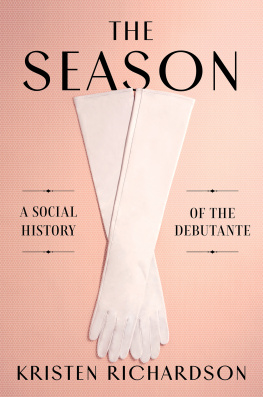



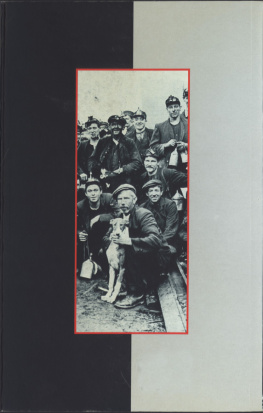




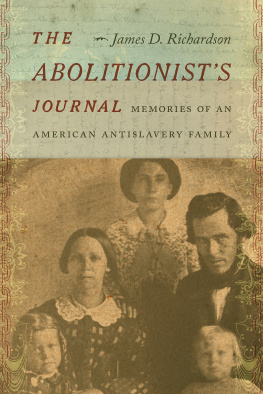


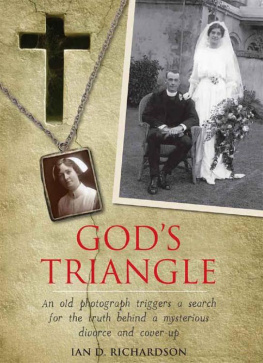
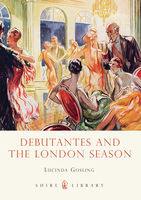

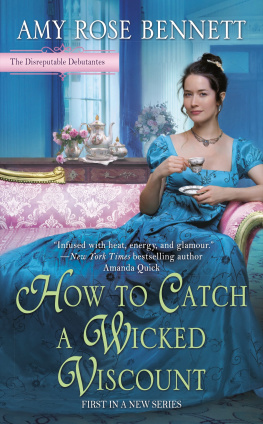
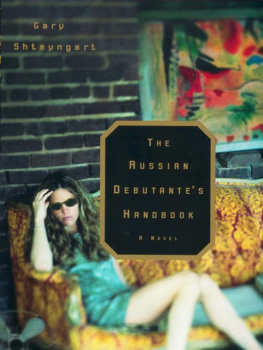
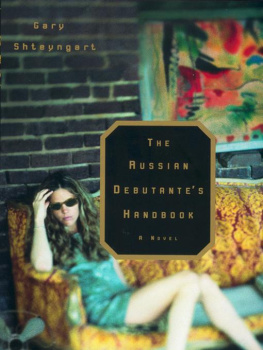

 A SOCIAL HISTORY OF THE DEBUTANTE
A SOCIAL HISTORY OF THE DEBUTANTE 
